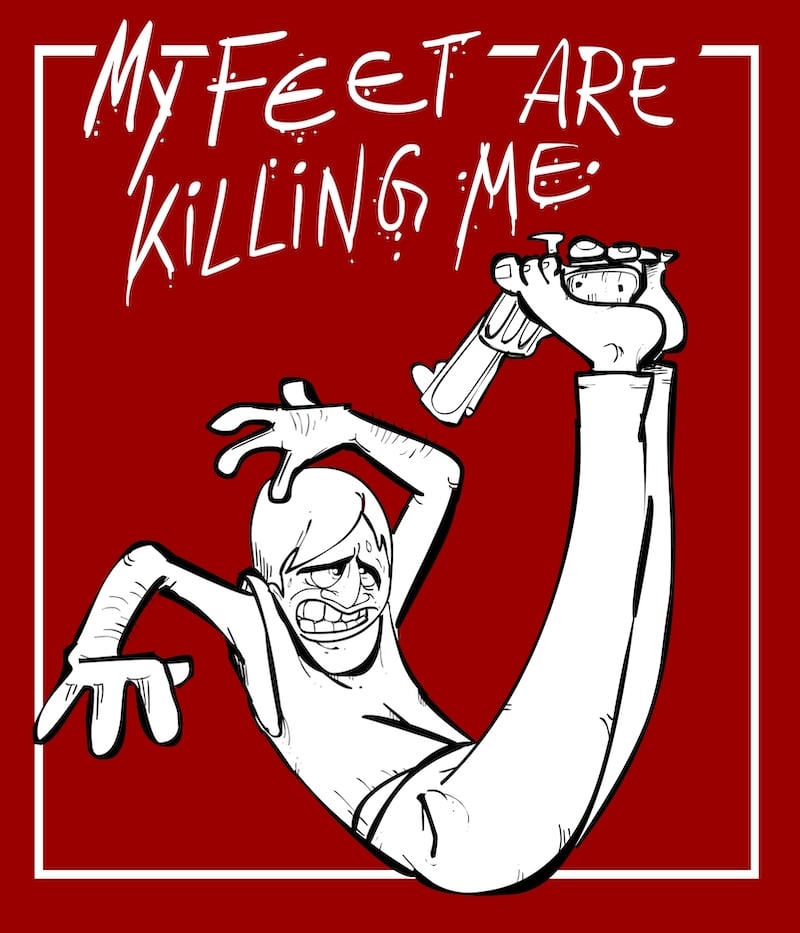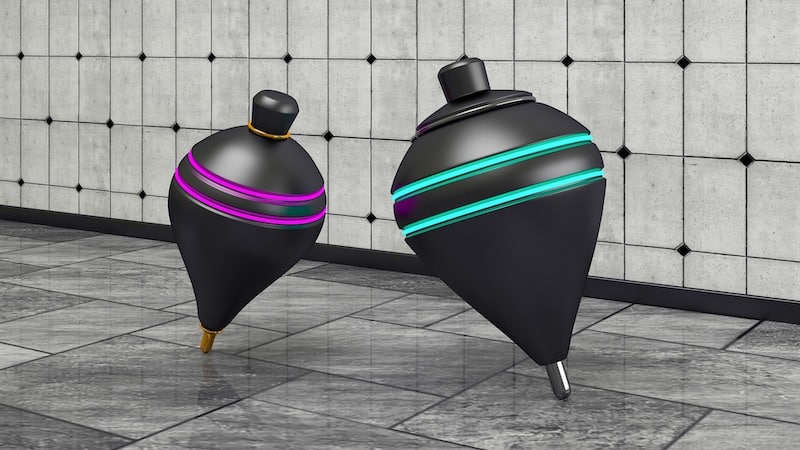A former colleague set up a consulting practice some years ago and asked me to help with copy for the website. We talked through the services she and her partners were offering, the problems they solved for clients, and their combined expertise.
I prepared a draft; she hated it. She didn’t think it sold hard enough. We had a great conversation about truth in advertising and the difference between spin and substance.
“You need to say we’re the best in Australia“, she said. “That no one else can deliver what we do. It’s just spin, isn’t it?”.
Spin is tricky. There’s a delicate balance between hype and hyperbole.
Hype is intensive promotion that exaggerates the service or benefits but is not untrue. It’s the publicists’ go-to. For example, “One of Australia’s greatest actors in the performance of her lifetime“.
A hyperbole is a wild overstatement. It’s a claim not intended to be taken literally. “My feet are killing me” or “I’m so hungry I could eat a horse“.

And then there’s dishonesty; to me, this is an absolute no-go zone.
Activewear company Lorna Jane found out the hard way last week when the ACCC took them to court for false and misleading advertising. They copped a $5 million fine for claims the special spray on their ‘anti-virus’ clothing could eliminate COVID-19.
According to this piece in The Guardian, the company has apologised to customers and blamed a supplier.
Meh
